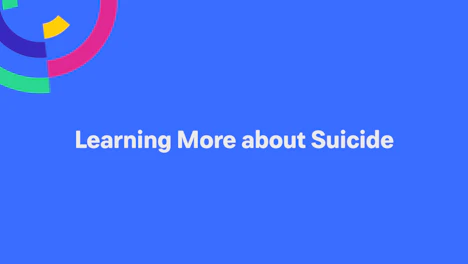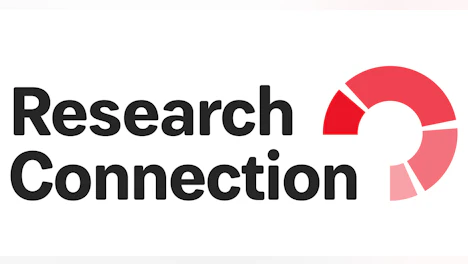What we've learned through research
Discover the top findings from suicide research or download the complete list here
Top 10 things we've learned from research
- Suicide is related to brain functions that affect decision-making and behavioral control, making it difficult for people to find positive solutions
- Limiting a person’s access to methods of killing themselves dramatically decreases suicide rates in communities
- Ninety percent of people who die by suicide have an underlying — and potentially treatable — mental health condition
- Depression, bipolar disorder, and substance use are strongly linked to suicidal thinking and behavior
- Specific treatments used by mental health professionals — such as Cognitive Behavior Therapy-SP and Dialectical Behavior Therapy — have been proven to help people manage their suicidal ideation and behavior
- No one takes their life for a single reason. Life stresses combined with known risk factors, such as childhood trauma, substance use — or even chronic physical pain — can contribute to someone taking their life
- Asking someone directly if they’re thinking about suicide won’t “put the idea in their head” — most will be relieved someone starts a conversation
- Certain medications used to treat depression or stabilize mood have been proven to help people reduce suicidal thoughts and behavior
- If someone can get through the intense, and short, moment of active suicidal crisis, chances are they will not die by suicide
- Most people who survive a suicide attempt (85 to 95 percent) go on to engage in life

